Keywords: Distress
There are more than 200 results, only the first 200 are displayed here.
-
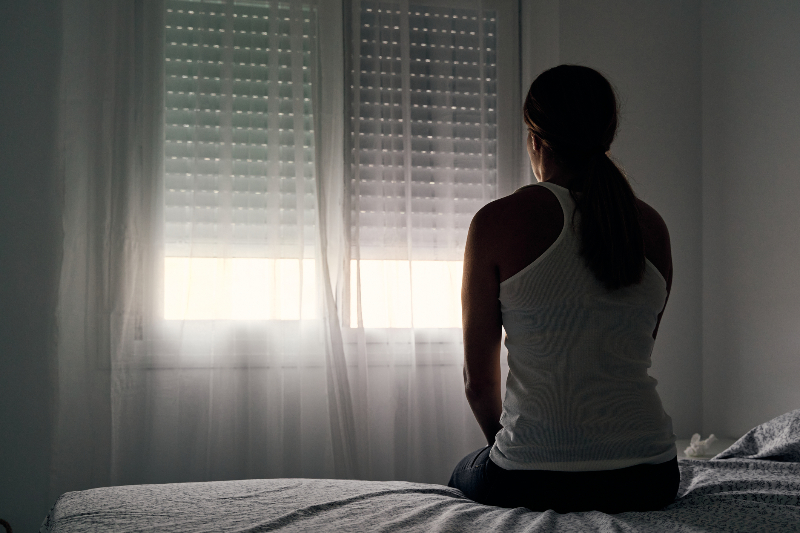
AUSTRALIA
- Ulrike Marwitz
- 27 April 2022
13 Comments
Recent research by the NSW bureau of crime and statistics and research has found that rates of intimate partner violence have remained relatively stable over the past 15 years. These rates are still alarmingly high. If we care about the welfare of those most impacted by domestic violence, predominantly women and children, we must ask ourselves: why are we failing to make headway on this issue, and what should we be doing differently?
READ MORE 
-

ARTS AND CULTURE
- Barry Gittins
- 14 January 2022
4 Comments
We’ve been in a pressure cooker, these past two years. More than a score of historians had memorably described 2020 as the sixth-most ‘stressful year ever’. Predictions and speculations look ahead; I looked at the past trends of the past two years and make these humble observations. With the stage set for dire times, here are six trends to look for in 2022. Here’s hoping.
READ MORE 
-
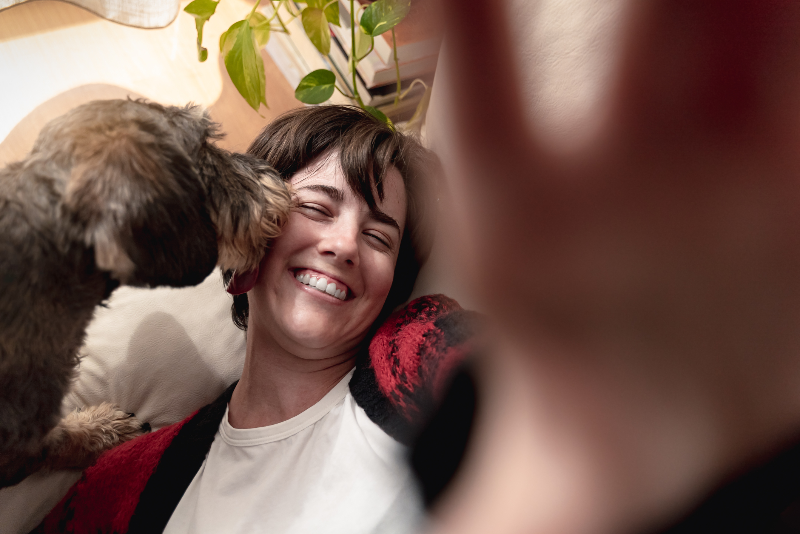
ARTS AND CULTURE
- Catherine Marshall
- 30 September 2021
3 Comments
For almost two years our pets have had us all to themselves. Everywhere I go now, the dogs follow: to the study, to the television, to the bathroom, to bed. I’m the recipient of that same loyal companionship sought out by so many during the pandemic: across the world, demand to adopt or foster animals — and dogs, in particular — has surged.
READ MORE 
-
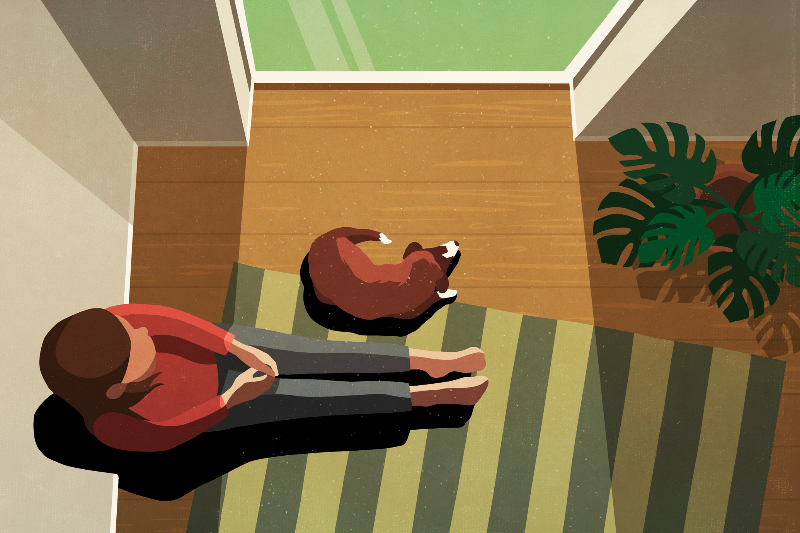
ARTS AND CULTURE
- Catherine Marshall
- 29 July 2021
6 Comments
The despair induced by daily infection and death tallies would be, in normal times, ameliorated to some extent by one’s workaday routine. And the crisis would be borne in togetherness — an impossible response, since the pandemic calls on us to withdraw into ourselves rather than draw together.
READ MORE 
-
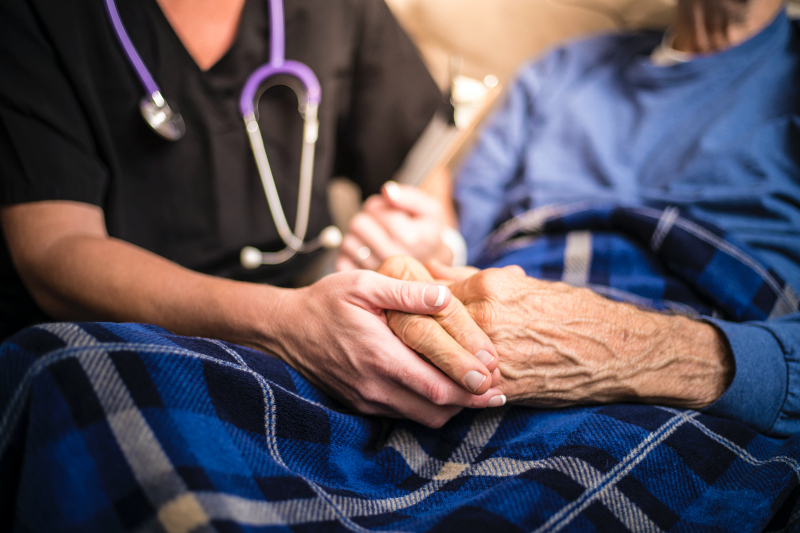
AUSTRALIA
- Annmarie Hosie
- 25 May 2021
27 Comments
Peace, laughter and lightness during dying might seem unlikely, but such experiences are common, not rare. Seeing and sharing in these sudden, strengthening consolations (and receiving them in my own griefs) have taught me about our awesome potential to transcend suffering, and confirmed why we don’t need euthanasia or assisted suicide.
READ MORE 
-
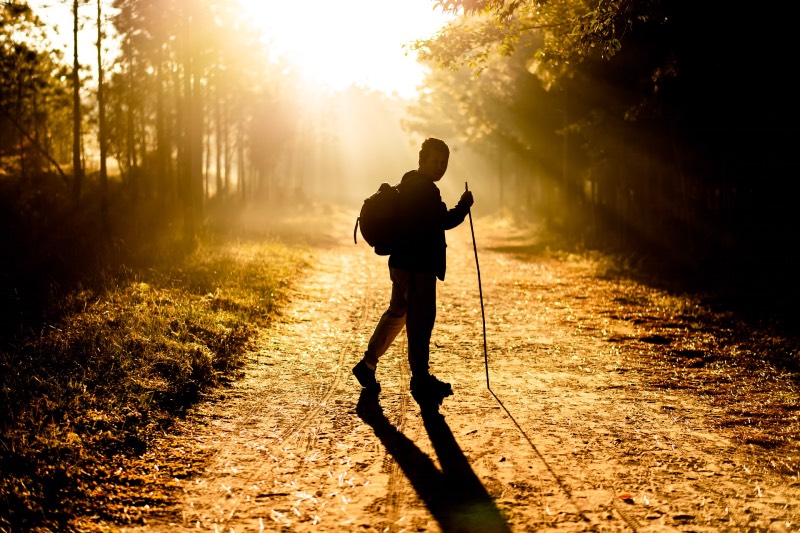
RELIGION
- Gerald O'Collins
- 20 May 2021
24 Comments
Over forty years ago I drew on the doctoral work of Bridget Puzon to produce The Second Journey and reflect on midlife journeys. Human history, as I realised then and later, throws up everywhere examples of such journeys: from Abraham and Sarah to Moses, from Paul of Tarsus to Mother Teresa of Calcutta, from Dante Alighieri to Eleanor Roosevelt, from John Wesley to Jimmy Carter, from John Henry Newman to Dietrich Bonhoeffer.
READ MORE 
-
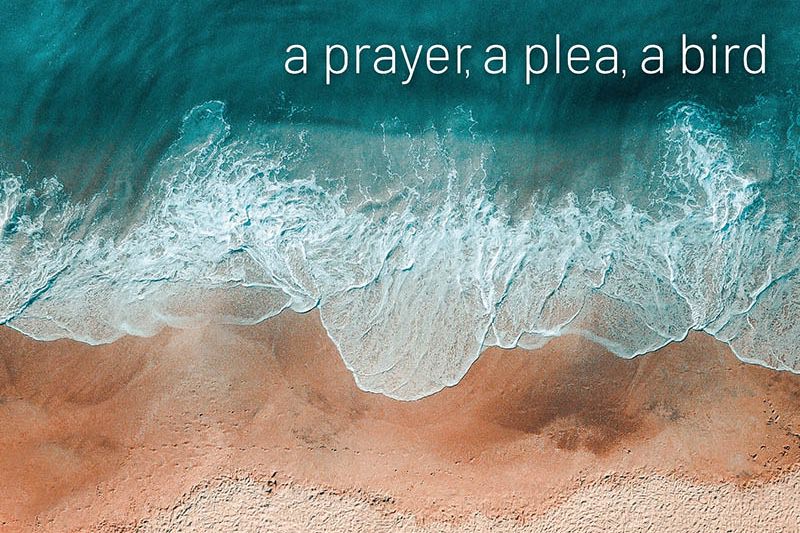
ARTS AND CULTURE
- Andrew Hamilton
- 10 December 2020
13 Comments
If we want to renew religious language and images we must begin with attention to the words we currently use, noticing their resonance as well as their meaning. It is then important for the language of prayer and reflection to be grounded in deep contemporary experience.
READ MORE 
-
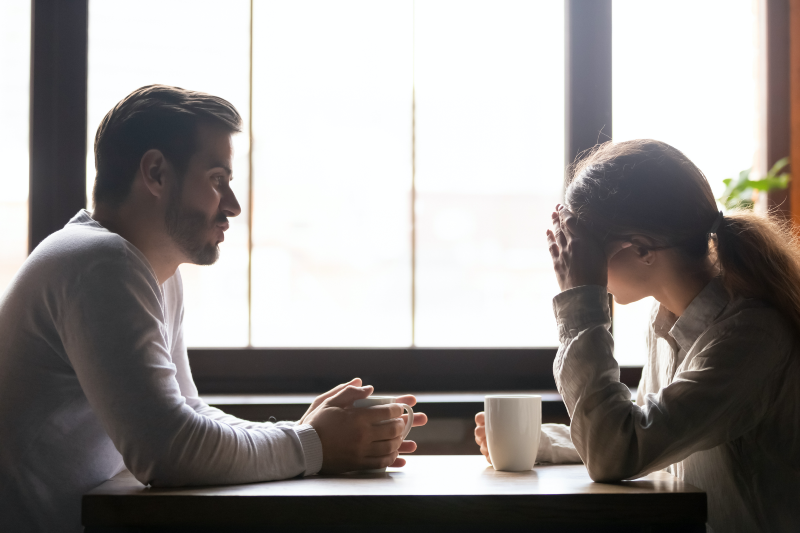
AUSTRALIA
- Anonymous
- 15 October 2020
7 Comments
‘You’ve got a bit OCD about all this handwashing, haven’t you?’ People say things like this all the time, to mock others’ habits and the routines they follow a little too closely. Usually, it’s not meant to be offensive. Just harmless teasing. But when I hear someone say something like this, it hurts. Because I actually have OCD.
READ MORE 
-

ENVIRONMENT
- Various
- 18 September 2020
3 Comments
The pandemic has afforded us a preview of how a crisis plays out when the science is not properly heeded. The overwhelming majority of climate scientists have long been sounding the alarm that the health and safety of large parts of the population are at serious risk, both here and around the world. We are already seeing the damage to health and to the environment that they predicted.
READ MORE 
-
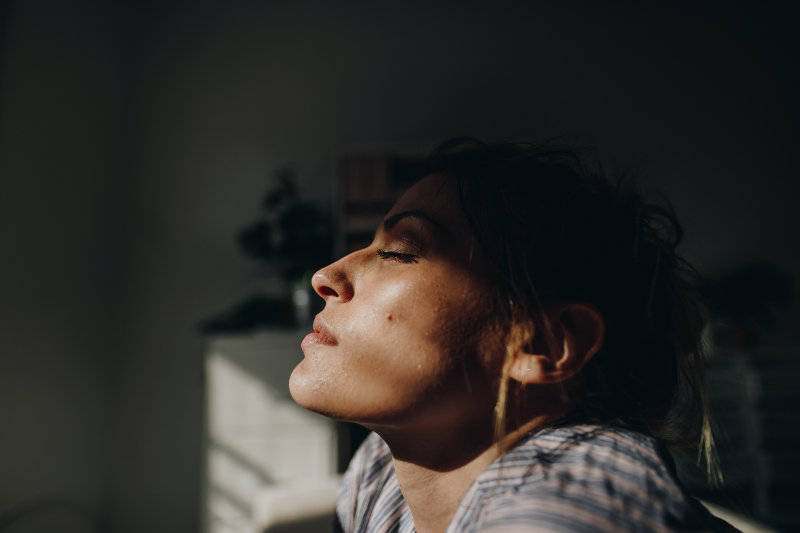
AUSTRALIA
- Fernanda Fain-Binda
- 27 August 2020
When I read Jess Hill’s piece in The Monthly which calls the coronavirus lockdown a ‘gendered pandemic’, I felt heard. I wanted everyone to read this article, to understand that feminist wins were being erased in the name of a national emergency, and that women were stepping up to the now larger domestic workload with a career cost further down the line.
READ MORE 
-
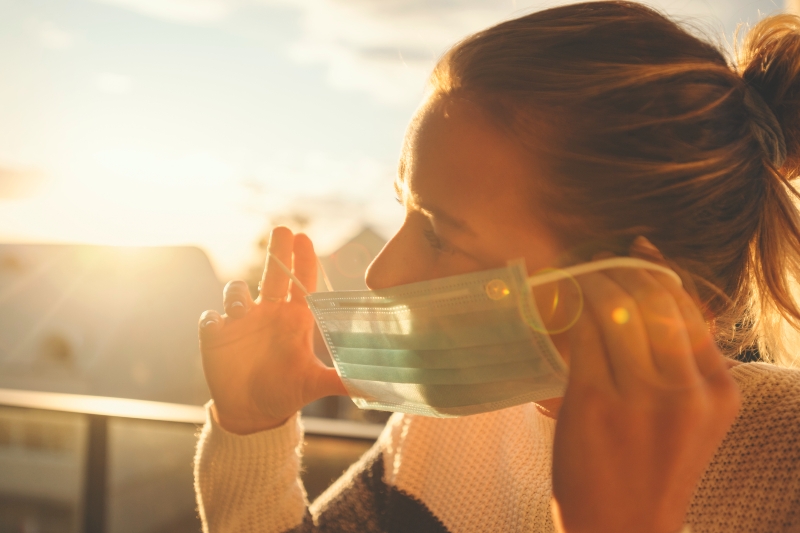
AUSTRALIA
- Andrew Hamilton
- 06 August 2020
12 Comments
If they are to enlist the support of their people in acting responsibly in the face of coronavirus, governments must themselves practice responsibility. They must look to the good of the whole community, and especially to disadvantaged people who are at the greatest risk of contracting the coronavirus.
READ MORE 
-
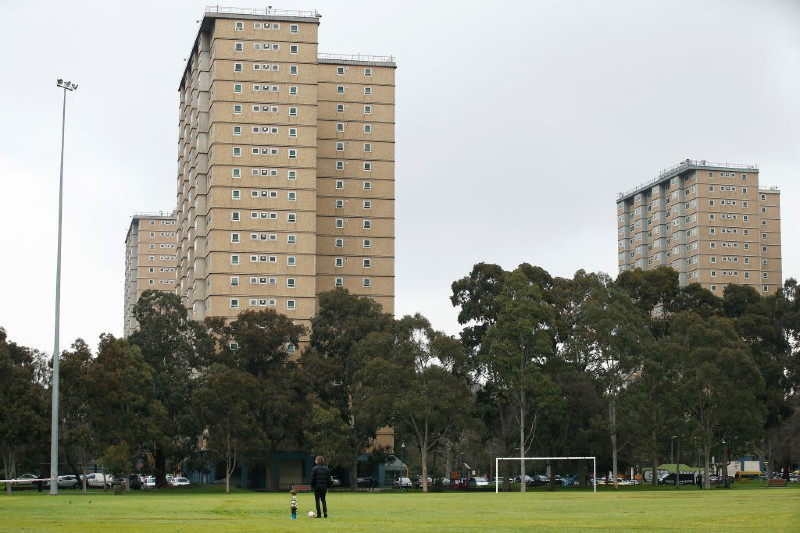
AUSTRALIA
- Joshua Lourensz
- 07 July 2020
7 Comments
Many of us, of course including residents of the towers, understand the exceptional response that COVID-19 has required, and that these lock downs form a part of the response. But when the situation has meant that people must, unless there are exceptional personal or medical grounds, remain house-bound for at least five days, we must be careful in the way we go about caring for the health of people.
READ MORE 